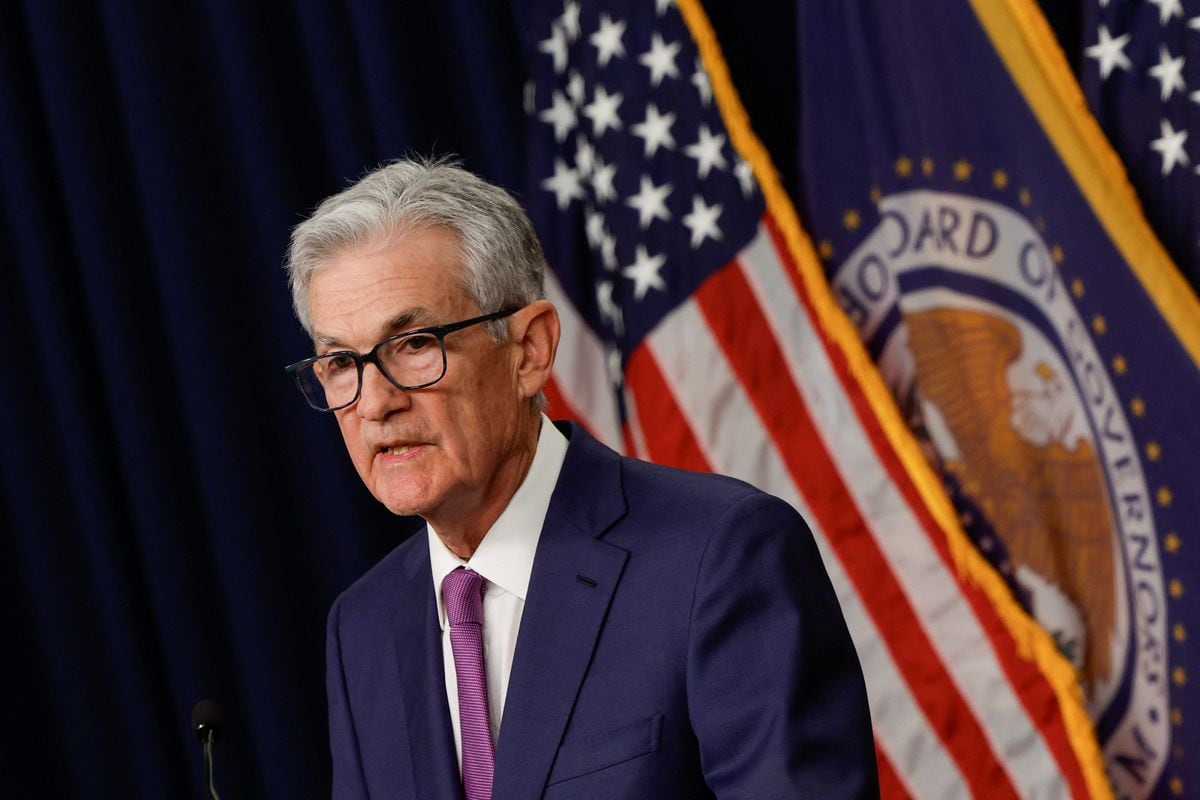At the end of the year, exercise is required.
Economists run their forecasting models and set the scene for the year to come.
After the shock wave of Covid-19 that hit the world in 2020, plunging most of the planet's major economies into recession, with the notable exception of China, the exercise is proving particularly difficult for 2021. Because very uncertain.
We have seen it in recent weeks, following the hopeful announcements on the vaccination front or, on the contrary, alarming in the face of deteriorating health.
On the eve of the holidays, the turn signals are back in the red, Europe has gradually reconfigured itself, to the point of putting Great Britain in quarantine.
The high level of uncertainty and the many risks force economists to construct several scenarios.
During her presentation at the end of November, OECD chief economist Laurence Boone outlined three: one central, one more optimistic and the other more pessimistic.
All make the same diagnosis, it will depend above all on the health situation.
“The vaccine is a real solution,”
says Samy Chaar, chief economist of the Swiss bank Lombard Odier.
"This is the best stimulus package, which can restore confidence the fastest," said
Christopher Dembik of Saxo Bank.
The faster than expected release of the first vaccines and the start of vaccination in the United States and the United Kingdom are promising, although doubts remain in Europe on the ability to deliver.
Read also:
The pandemic increases extreme poverty in the world
Another note of optimism, we know that as soon as the epidemic is controlled, activity starts up again quickly.
The strength of the third trimester proved it.
“Models studying the impact of influenza pandemics teach us that 60% of negative effects result from administrative decisions on containment, health distances and border restrictions.
They are therefore reversible once the epidemic is under control, ”
said Mathilde Lemoine, chief economist of the Edmond de Rothschild Group.
“The pandemic is like a storm lasting several months,”
confirms Samy Chaar.
Savings surplus
If the next few months promise to be complicated - there will still be restrictions before collective immunity is reached - it will be a year of catching up.
The maintenance of the vast plans deployed by the States - guaranteed loans, short-time working, financial aid… - which number in the hundreds of billions of euros will continue to mitigate the economic damage of the pandemic.
Catching up will be faster in the United States, where monetary and budgetary support is much greater than in Europe.
By integrating the new envelope of 900 billion, if Donald Trump does not carry out his threat to block it, Washington will have devoted 15% of the GDP to it.
In Europe, only Germany “comes close”, at 9% of GDP.
To return to the level at the end of 2019, it will take four quarters in the United States, against nine in the euro zone, estimates the Rothschild group.
Be careful, warns Christopher Dembik,
“the recovery will be very heterogeneous in the euro zone because unemployment remains high.
The southern zone will remain permanently affected ”.
The European fund of 750 billion euros represents a significant lever, of which Italy and Spain are the first beneficiaries.
"But the main amounts will not arrive before 2023 and 2024",
specifies the economist.
Read also:
The pandemic is expected to boost global trade in services
One of the great unknowns is linked to household savings and appetite to consume, depending on their confidence.
However, consumption is a key driver of growth.
From January to October, Americans accumulated a savings surplus of 1.4 trillion dollars compared to the same period of 2019. Confidence will also affect the investment capacity of companies.
Despite the expected rebound next year, we can expect bankruptcies to accelerate, especially in the second half of the year, as the safety nets are removed.
Credit insurer Euler Hermes expects a 25% increase in defaults worldwide after a 10% drop in 2019. France will be among the countries most affected (+ 52%, 50,000 defaults expected), as well as 'Italy (+ 73%), much more than Germany (+ 5%).
The German economy, very dependent on exports, will be able to count on the expected rebound in world trade, after two years of decline, 2019 having suffered from Sino-American tensions.
The resumption of trade will come mainly from the Asia zone, boosted by China.
The arrival of Joe Biden at the White House could also give a new impetus to trade thanks to a more serene international climate, even if the strategy of firmness vis-à-vis Beijing should continue.







